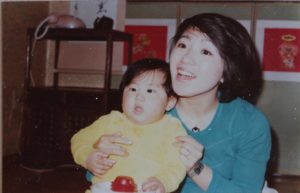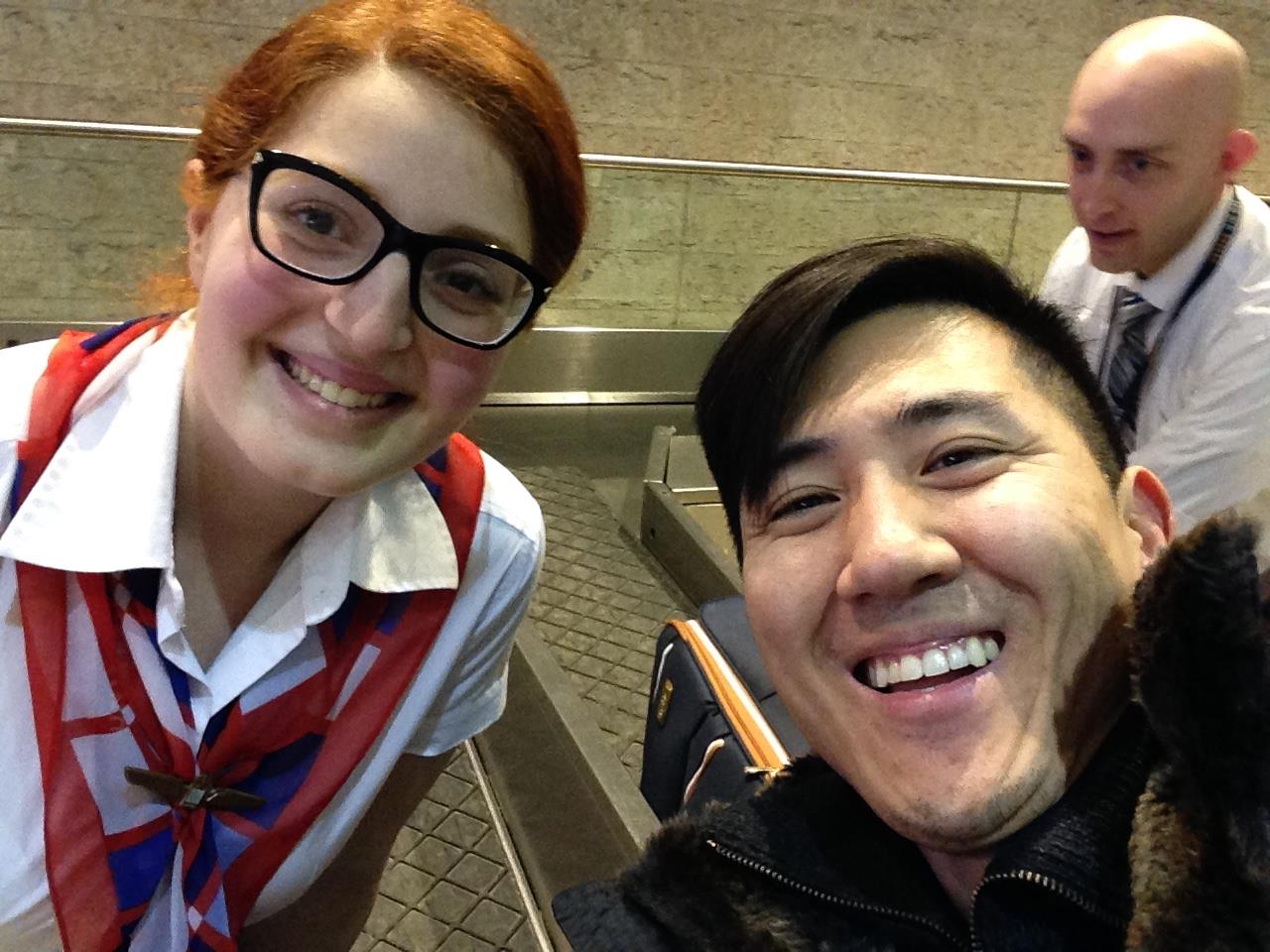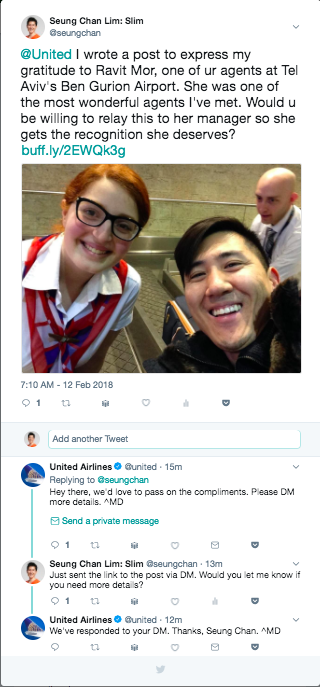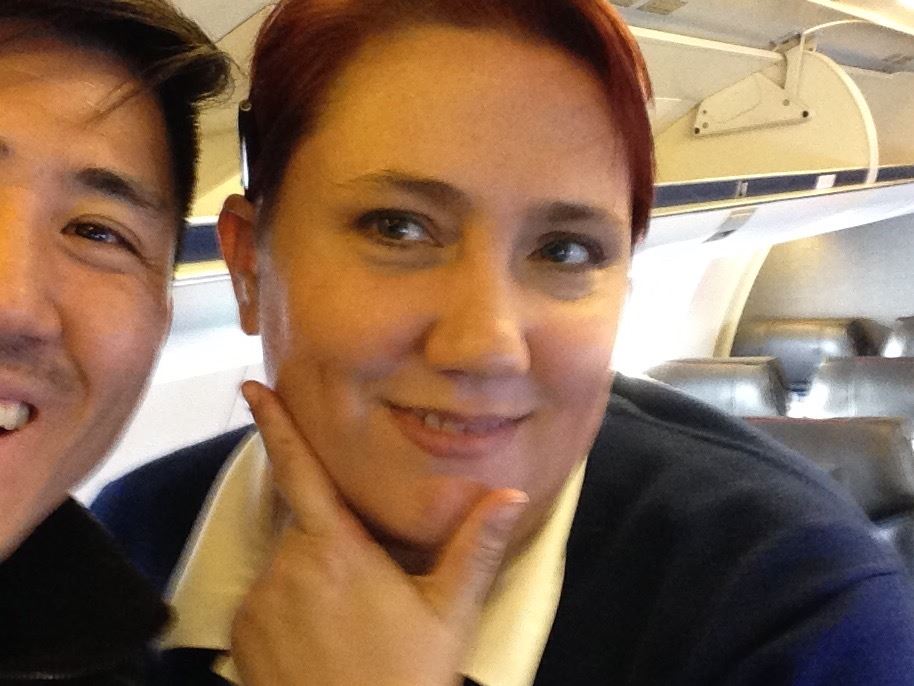There has been seven instances when you almost died.
Seven.
…
It started with the Korean war.
The war broke out on June 25th 1950. On January 4th 1951, citizens of Seoul made a retreat to Busan. You took part in that retreat as a recently-born infant.
There was an unspoken rule for taking babies on this retreat. If the baby made too much noise, she was to be abandoned. Why? Because it would give away their position to the North Korean army. Kind of a difficult request for an infant, I think.
Well somehow… somehow… you didn’t make much noise.
You lived.
Having never gone through a war, it’s impossible to imagine what it must have been like. From what you shared, there was little food to go around. Your mother and her 3 children were mostly starving. So much so that she had difficulty breastfeeding you.
You eventually became so skinny that your limbs started to curl out of malnourishment. Given war time difficulties, the hospital couldn’t give much help. Your parents did their best to feed you what was available. Unfortunately, you didn’t show any sign of improvement.
The mere sight of you must have been too much for your parents to bear. They also had two other children to feed with a fourth one on the way. As difficult as it must have been for them, they eventually made the decision to give up on you. So one night, you were left outside in the cold with the expectation that you would die before sunrise.
…
Well…
You didn’t.
You didn’t die.
You. Just. Wouldn’t. Die.
Your parents were surprised. They took you back. They kept feeding you. You didn’t get much better, though. You grew up as a very skinny child.
You lived.
When you were a 5th grade student. A motor cycle hit you. You flung in the air before falling to the ground.
You lived.
When you were in college, you ran into a fortune teller. The fortune teller took one look at you and said, “Tsk… Tsk… You will die at the age of 38.” As much as you were mortified by such random and cruel expression of premonition, these few words would eventually return to haunt you.
It started with an acute pain you felt in your lower abdomen. You were 38. Our family was living in Cairo, Egypt.
When you got to the hospital, you were diagnosed with a chronic case of appendicitis. The kind where slow and acute symptoms of pain occur over time instead of rushing in all at once.
You were told you needed an operation right away. As much as you understood the urgency, you refused. As a foreigner, you felt more comfortable waiting until you were back in Korea before receiving an operation.
Now…
Imagine you were your son. (That would be me.) How would you be feeling at this point? Worried, perhaps. Imagine yourself accompanying you on a flight to Korea. What would you be doing with you? Cuddling up next to you to comfort you throughout the flight, perhaps.
Not me.
Apparently, I was mesmerized by the view outside the airplane window. As we got close to our layover in Singapore, I must’ve noticed that there were fireworks happening on an island nearby. I’ve been told that I asked you if we could go see it. You said “yes.”
We went out, hopped on a cab, went over to the cable car dock, took the cable car, crossed over to the island, watched the fireworks, took the cable car back, hopped on a cab, and returned to the airport.
…
Things a son will make their chronic-appendicitis-patient-mother go through to watch some goddamn fireworks.
…
We eventually arrived at a hospital in Seoul. The doctor opened you up. He said you were lucky. Your appendix had already ruptured in various places. He said you could have died had you waited one more day. Well, you didn’t.
You lived.
But, it wasn’t over.
Later that year, you developed a severe case of hemorrhage. By then, our whole family had returned to Seoul for good. You were still 38.
The hemorrhage was so severe that you were bleeding out into a bucket. Turns out, it was a delayed effect of too much use of force during my child birth.
You lived.
At the age of 52, you went through craniotomy for aneurysm. You had to write a will. The risk of death was too high.
You lived.
At the age of 56, you had uterine cancer, and went through hysterectomy.
You lived.
…
There are many things you have helped me learn to appreciate.
One of them is the grace of luck.
You often talk about the critical role of technology in your life. For example, many of your illnesses could not have been helped a generation prior. The technology just wasn’t there. There is much to be grateful for when you recognize this coincidence.
The other is the value of “living as we are born.” (My rough translation of a Korean phrase: 생긴대로 살자).
“Living as we are born” isn’t to eschew change or development. After all, we are born with a natural ability to change and develop. In fact, the phrase is not meant to be taken literally at face value. You use the phrase to merely point to what you have learned from living through multiple near-death experiences.
As an outside observer, it’s easy to feel inspired by someone who has lived through several near-death experiences. At the same time, what I know is that the person who has gone through them live with physical and emotional scars that never disappear. The moment we notice these scars, we are instantly reminded of our past wounds without prior warning.
This is not easy. Not easy at a all.
What you have learned from these experiences is that life is fragile and precious. So you do not wish to waste time shaming yourself in comparison to others who were born to a different set of circumstances. You also do not wish to waste time living up to somebody else’s expectations on how your life should be.
You say you’re lucky to have repeatedly faced your own mortality. You say you may have otherwise learned these lessons too late. Although, you are quick to add that learning these lessons was only the beginning. The beginning of a life-long practice.
Thank you, mother, for living the way you were born.








